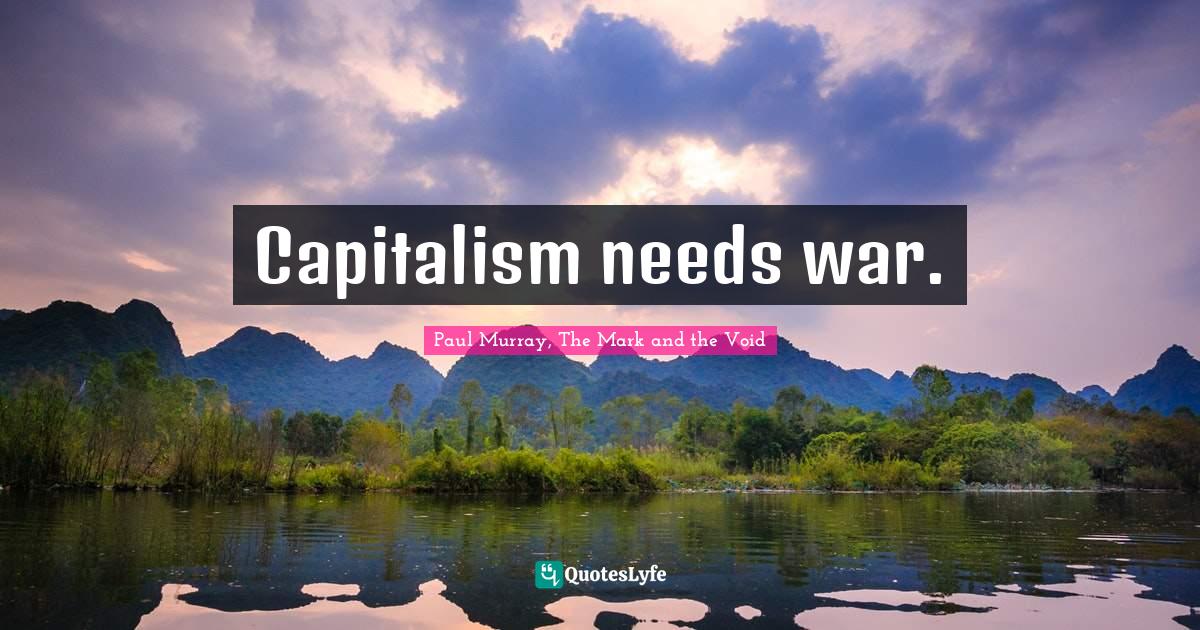
The armies of Central Asia battled for control of the Silk Road.
Envisaging a World Without the Military
And Plotting a Path to Peace
Symon Hill / The New Internationalist
(October 7, 2021) — Change is hard. Even radical activists can struggle to envisage a world without established institutions and practices. Perhaps this is why most anti-war campaigners stop short of calling for the abolition of military forces.
There’s a common misconception that armed personnel serve a positive function. In fact, armed forces fundamentally exist to engage in violence — or to intimidate — in the service of the powerful.
Of course, violence is varied, complex and nuanced. For much of history, armies were only raised when war broke out. In Europe, well into the 17th century, standing armies were viewed as a sign of tyranny. But as capitalism developed, the search for new markets and materials became entwined with violence as states moved to colonize, fight rival imperial powers and suppress dissent at home.
As the pacifist socialist Bart de Ligt wrote in 1937:
‘Without war, or at least the threat of war, capitalism does not work’.

The military must also be challenged as an abusive institution that denies human rights to its own personnel. All too often, armed forces recruit the poorest people, who are brutalized through military training, sent to fight other poor people and then dumped back into poverty when they exit. That’s why progressive peace-loving people don’t attack rank-and-file forces personnel as individuals, but focus on the authorities that employ them.
The justifications given for retaining armed forces don’t stand up. There’s a common belief that soldiers are needed to defend a country, in case of invasion. Yet many of the world’s most militarily active countries prepare their forces for fighting abroad – not at home. Equipment belonging to British armed forces, for example, is often designed for fighting in desert conditions.
It would be of far less use if Russian troops landed in Cornwall. In the unlikely event that Russian troops did land in Cornwall, there can be little doubt that British troops would be deployed to guard government buildings, military installations and sites of commercial importance. But defending people and towns would be some way down the list of priorities. Acts of mass non-co-operation with invaders by civilians might well be a more effective form of resistance.
Another justification given for retaining armed forces is the work that they do delivering aid, tackling fires or floods and, recently, helping to deal with the Covid-19 pandemic. We are rightly grateful to people who do these things – but why do they need to be in an armed force? A country choosing to abolish its armed forces could transfer personnel to new or enlarged civilian services able to offer disaster relief.
So, how might this radical reform be carried out? A progressive government would need considerable political will to drive through such a policy, as the opposition from military leaders, arms companies and other countries would be hard to resist. But it has been done – by Costa Rica, the only country to abolish its armed forces and enshrine the move into its constitution. (Iceland’s lack of a standing army is undermined by its military deals with NATO.)
It would require a powerful abolition movement, built through alliances with anti-militarist veterans and connections with other anti-militarist campaigners around the world. When armed forces are eventually disbanded there would be compensation to those losing their jobs, alongside offers of retraining.
Only a global campaign can lead to the abolition of all armed forces. Networks such as War Resisters’ International unite pacifists and anti-militarists around the world in campaigns such as these. Citizens can also call for an end to armed forces in our own countries, as well as continue to campaign against individual wars, weapons and arms deals. But ultimately it needs resistance against militarism as a whole.
Armed forces are not there to protect us, but to preserve the power of the powerful. Let’s have the courage to say so.
Symon Hills website is https://symonhill.org/welcome/ and his email is symonhill@gmail.com. This article is from the September-October 2021 issue of New Internationalist. You can access the entire archive of over 500 issues with a digital subscription.
Posted in accordance with Title 17, Section 107, US Code, for noncommercial, educational purposes.